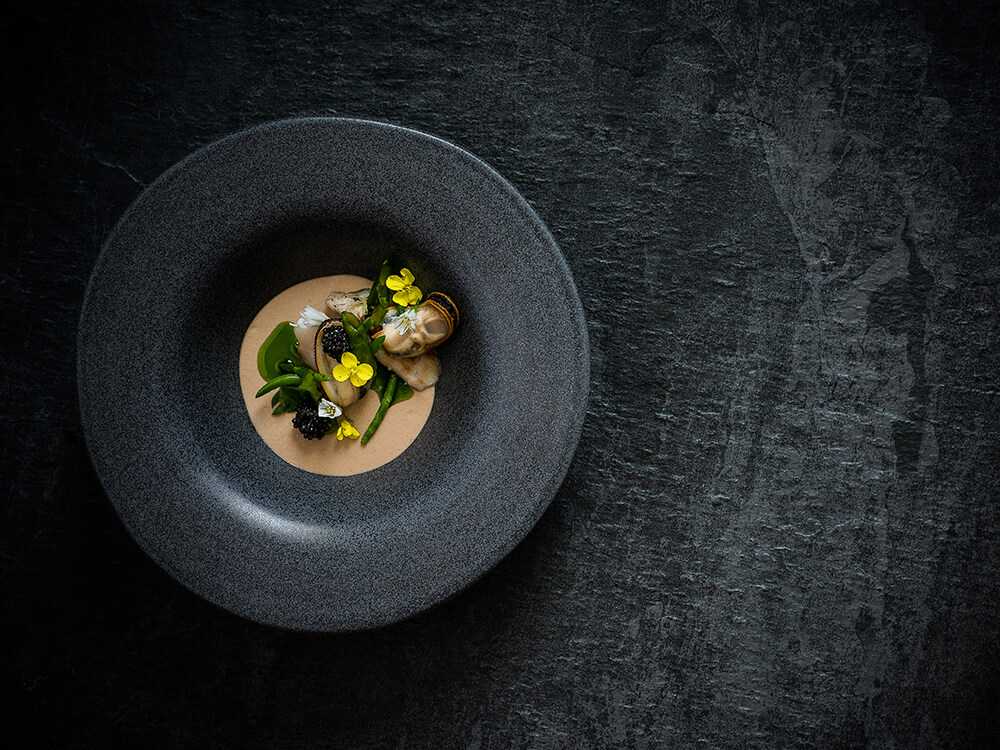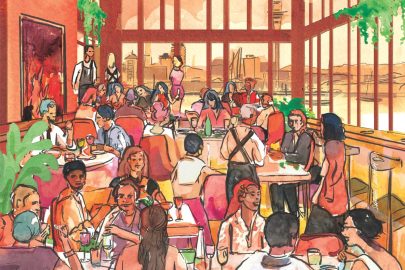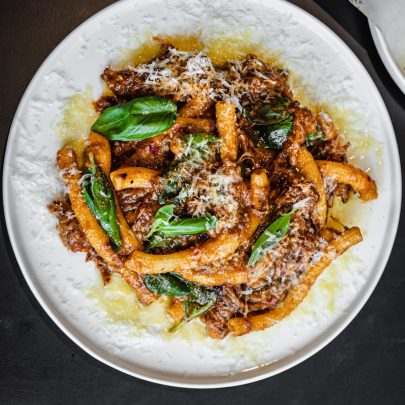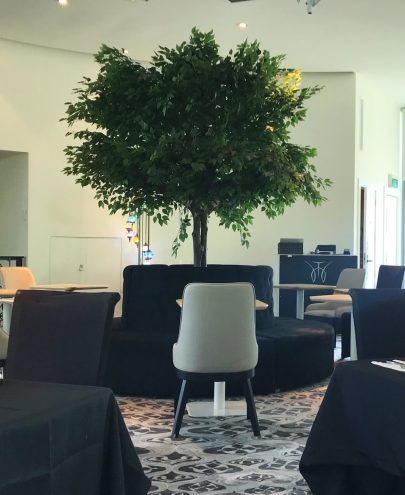Mar 24, 2021 Restaurants
There’s a certain reverence that’s created by scarcity. Buy tickets to a show as soon as they’re on sale and you’ll be seated next to superfans, wide-eyed in awe; secure a booking at Hiakai and you’ll be eating dinner in a room of similarly focused joy, full of people who have had to be extremely patient, lucky or both just to be sitting there, dining at what many consider New Zealand’s most important restaurant.
Hiakai’s importance cannot be overstated. While chef/owner Monique Fiso is not the first New Zealand chef to highlight traditional Māori ingredients and techniques in a fine-dining context, she’s taken it the furthest and, more than any other, she’s become the personification of a contemporary indigenous approach, both locally (thanks to media adulation, industry awards, and an expansive book) and globally (thanks to Netflix, Gordon Ramsay, Time magazine, etc.).
All of which is, of course, important, but it would be all too easy for Fiso to rest on those (deserved) laurels. But, once you’re there in your little round booth, on the second floor of one of the most surprisingly strange buildings you’ve ever been in (the ground floor includes not one but two cavernous brick fireplaces filled with ferns and wood), and once you’ve finally gotten over the fact that, yes, I’m here, sitting at perhaps the hardest-to-get dinner table in the country, you start to think, shit, this is already an amazing experience, but I hope the food is delicious.
And it is. Lost in the hype (again, deserved) is that Fiso is not only an innovator and Māori and Pacific food custodian, she is also a masterful technician. At Hiakai, the set menu is tightly based around a conceptual narrative — in our case, Watercress Tuna and the Children of Champion Street, Patricia Grace’s 1984 children’s book celebrating multiculturalism in Porirua, where Fiso spent her childhood playing around Cannons Creek where the titular watercress tuna (“tuna” is the te reo name for freshwater eel, not the saltwater fish) emerges to bring multicultural joy to the children of Porirua.
The entire menu (the food and the optional drinks pairing) either follows the story’s arc — eel with watercress, a cross-cultural roast pork — or sets the scene by riffing on the early 80s nostalgia — after school fish’n’chips and ice cream, prawn cocktails, wine cooler, gummy worms made from mamaku. (The music for the evening mimics a mid-80s house party — at least two tables sang along to the chorus of “Rock the Casbah”).
While the thematic cohesiveness is obviously an important part of the creative process for Fiso and her team, it can take a meal only so far — the food has to hold up its side of the bargain. And, ultimately, what’s special about Hiakai (and what makes the other aspects so meaningful) are the flavours — complex combinations of tradition and innovation. Showing her classical training, Fiso is a master of sauces and broths, which tend to be deeply savoury and herbaceous with peppery hits of kawakawa and horopito. Actual tears were shed at my table twice — once from the broth of the “Watercress Tuna” (literally eel and watercress in a punchy broth), once from the thick pork jus of the “Champion Street” (perfectly generous pork, pineapple and vegetables).
All the media attention in the world can’t create flavours like Fiso can. Not that you can taste the ones we did. Hiakai already has a new menu for the new year, and if the website is accurate, there are no free tables in the month currently “available” online. By the time you can actually book, it will likely have changed once again, but feel secure knowing that a dinner at Hiakai is certainly worth the wait. Not for its scarcity, but for its deliciousness.
Hiakai
40 Wallace St, Mt Cook
Hours: Thu-Sat 5-10pm
Bill: Set menu $120; Drinks pairing $90; Tea $6
This content was created in partnership with WellingtonNZ.






